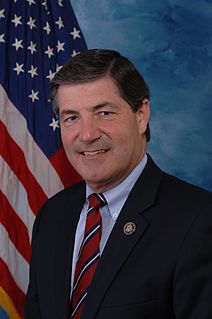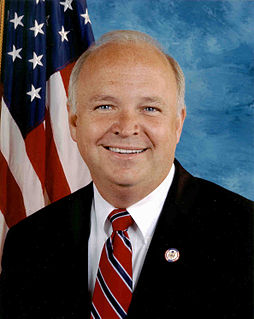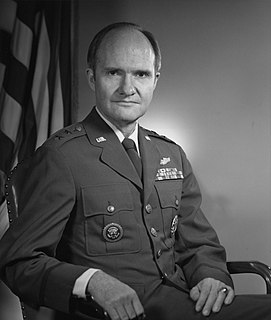A Quote by Peter Bergen
9/11 was a sort of hinge event in American history, and all jihadi terrorist plots or attacks are kind of filtered through that lens.
Related Quotes
When we talk about 9/11 and 26/11 - which is the shorthand for the Mumbai attacks in 2008 - we're talking about the most successful terrorist attacks in history. When you start trying to study the most successful event of its kind, it actually doesn't make for great fiction because there isn't the kind of failure in it that fiction thrives on.
Why do terrorist attacks that kill a handful of Europeans command infinitely more American attention than do terrorist attacks that kill far larger numbers of Arabs? A terrorist attack that kills citizens of France or Belgium elicits from the United States heartfelt expressions of sympathy and solidarity. A terrorist attack that kills Egyptians or Iraqis elicits shrugs. Why the difference? To what extent does race provide the answer to that question?
Outside events can change a presidential campaign, a president, and the history of the nation: the Iranian hostage crisis, the bombing of the Marine barracks in Beirut, the downing of the helicopter in Mogadishu, Somalia, the suicide attack on the USS Cole, and, of course, the terrorist attacks of Sept. 11, 2001.






























